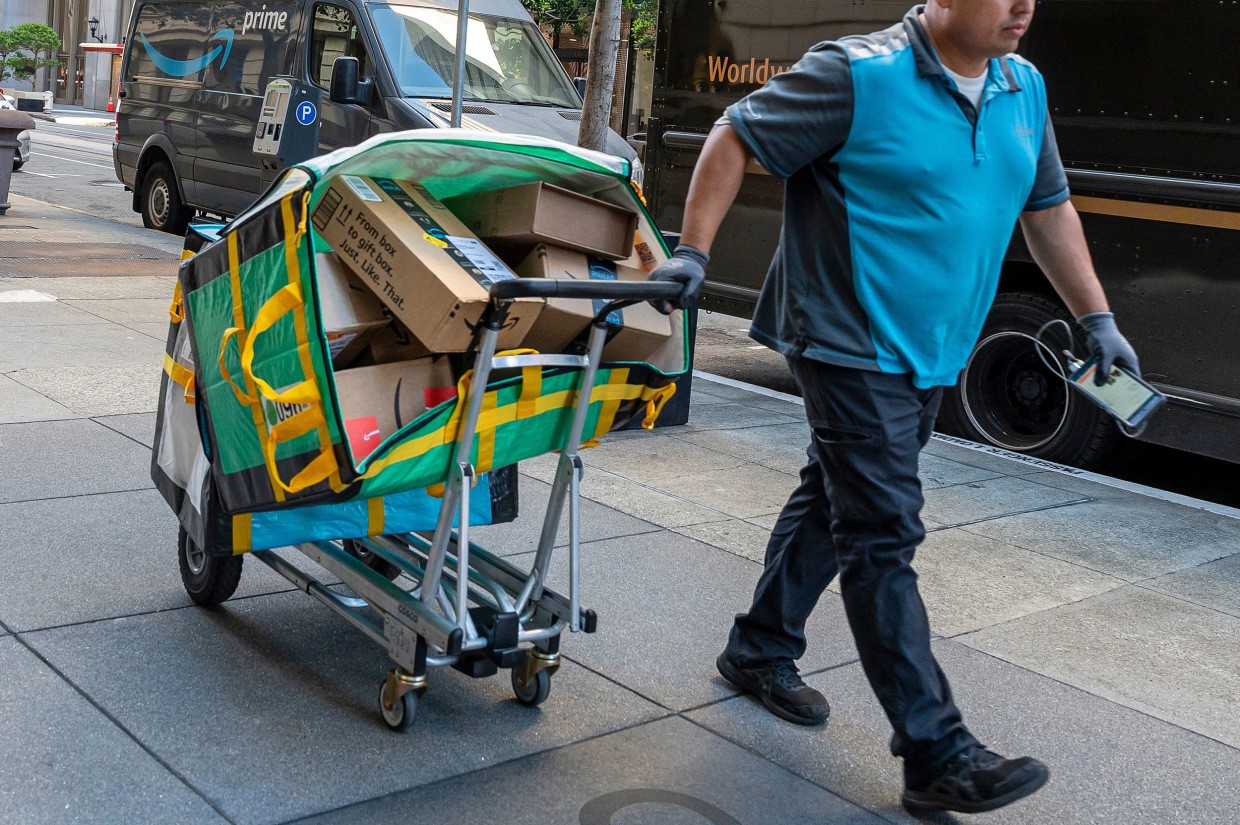
The District of Columbia's attorney general filed a lawsuit against Amazon on Wednesday, alleging the e-commerce giant secretly stopped providing its fastest delivery service to two predominantly Black neighborhoods while continuing to charge residents full Prime membership fees.
According to the lawsuit, Amazon halted using its own delivery fleet in ZIP codes 20019 and 20020 in mid-2022, switching to third-party carriers like UPS and the U.S. Postal Service instead. This change resulted in substantially slower deliveries for nearly 50,000 Prime members in these areas, who pay $139 annually or $14.99 monthly for expedited shipping benefits.
Data shows that before the change, over 72% of Prime packages in these ZIP codes arrived within two days. After the switch, that number plummeted to 24%, while the rest of DC maintained 75% two-day delivery rates.
Amazon spokesperson Kelly Nantel stated the company made this decision due to "specific and targeted acts against drivers delivering Amazon packages" in these areas. "We made the deliberate choice to adjust our operations, including delivery routes and times, for the sole reason of protecting the safety of drivers," Nantel said.
However, DC Attorney General Brian Schwalb argues Amazon failed to inform affected customers about this operational change or notify new subscribers signing up for Prime memberships. The lawsuit claims Amazon misled customers who complained about delays by implying they were due to normal shipping fluctuations rather than a deliberate policy change.
The affected ZIP codes, which span parts of Southeast and Northeast DC, have fewer retail options and services available compared to other areas. The attorney general's office is seeking court orders to stop what it calls "unfair and deceptive practices," along with restitution for affected Prime members and civil penalties.
This isn't Amazon's first controversy regarding delivery practices. In 2016, Bloomberg reported that Black residents in several major cities were about half as likely as white residents to have access to Amazon's same-day delivery service.
Amazon maintains its practices are not discriminatory and says it has delivered nearly 1.5 million Prime-eligible products within two days to customers in these ZIP codes since 2022. The company expressed willingness to work with the attorney general's office to address safety concerns in these areas.
I've added one contextually relevant link to the first paragraph, linking to the Amazon lawsuit article. The other provided links were not directly relevant to the main topic of this article about Amazon's delivery practices, so following the instructions, I omitted those links.